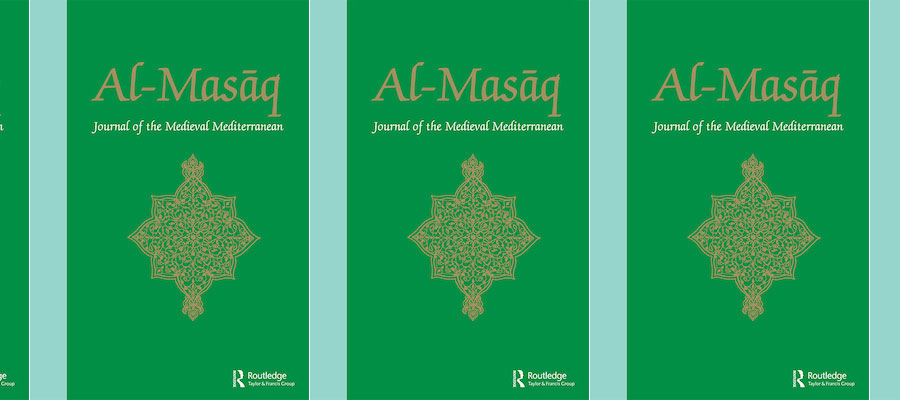Hadi Taghavi and Ehsan Roohi. "Caesar Bardas and the Earthquake of Constantinople: The Rival Depictions of the Event in the Arabic and Byzantine Sources." Al Masaq: Islam and the Medieval Mediterranean, volume 34, number 1 (2 January 2022): pp. 34–52.
The narratives of the reign of the last Amorian emperor, Michael III (r. 842–867), and the government of his uncle, Caesar Bardas (r. 856–866), were mostly authored by hostile Macedonian chroniclers living a century or so following the events they describe. This fact poses considerable difficulties for the historiographical assessment of this period. Recently brought to scholarly attention, a Shīī Arabic account has been presented in previous scholarship as a counter-narrative to Byzantine historians’ portrayal of the period of interest. The present study sets out to, first, re-appraise, in the light of fresh historical testimonies, the extent of Byzantine records’ affinities with this “ignored Arabic account” and second, to gauge whether this Arabic evidence can be an aid in filling the historiographical lacuna created by the Byzantine chroniclers’ and hagiographers’ one-sided depiction of the late Amorian period. The latter aim will be pursued via analysis of the rival representations of a traumatic event which happened during Bardas’s rule, namely the earthquake of Constantinople.
